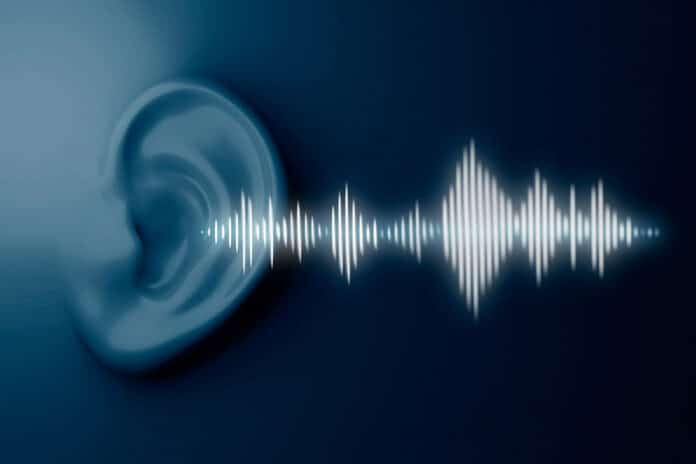Can we hear only sounds? Or is there any room for silence? The cognitive perspective (we only assess or infer silence) and the perceptual view (we hear silence) are at odds over these subjects in a long-running philosophical controversy.
The perception of sounds is how auditory perception is typically thought of. However, it also appears that a lack of sound marks the experiences we have in daily life. Do we genuinely hear silence in these circumstances? Or do we not hear it, judging or assuming it is silent? However, this debate has remained chiefly theoretical without a significant empirical test.
Using experimental data, a recent study offered an empirical approach to this theoretical debate by demonstrating that silence might not be deafening, but it’s something that literally can be heard. Scientists employed auditory deceptions to demonstrate how moments of silence distort people’s perception of time.
Scientists claim that the research addresses the question of whether hearing is limited to noises or not.
The scientists adapted well-known auditory illusions to produce new versions in which silence was used instead of the original illusions’ sounds. One illusion, for instance, gave the impression that a sound was longer than it was. A comparable moment of stillness also appeared to last longer than it did in the team’s new silence-based deception.
These silence-based illusions yielded identical findings to their sound-based counterparts, indicating that people perceive quite similarly to how they perceive sounds.
Chaz Firestone, an Assistant Professor of Psychological and Brain Sciences who directs the Johns Hopkins Perception & Mind Laboratory, said, “Philosophers have long debated whether silence is something we can perceive, but there hasn’t been a scientific study aimed directly at this question. Our approach was to ask whether our brains treat silences the way they treat sounds. If you can get the same illusions with silences as sounds, then that may be evidence that we hear silence after all.”
Auditory illusions can deceive individuals into thinking that periods are longer or shorter than they are, similar to how optical illusions trick what people see. The one-is-more illusion is one instance of this, where even though two short successive beep sequences are equally long, one long beep appears longer than the other.
The scientists reworked the auditory illusion into the one-silence-is-more illusion in experiments involving 1,000 people by replacing the noises in the one-is-more illusion with brief periods of silence. People believed that one long moment of silence was longer than two brief ones, and they discovered the same findings. Similar results were obtained using other sound illusions.
Participants were invited to listen to soundscapes to imitate the bustle of crowded restaurants, markets, and railway stations. Then they looked for intervals in those audio records where all sound abruptly ended, leaving only a few seconds of silence. According to the scientists, the goal wasn’t just that these silences caused people to have illusions. It was that when silences were used in place of noises, the illusions that scientists believed could only be induced by sounds still held.
Co-author Ian Phillips, a Bloomberg Distinguished Professor of Philosophy and Psychological and Brain Sciences, said, “There’s at least one thing that we hear that isn’t a sound, and that’s the silence that happens when sounds go away. The kinds of illusions and effects that look like they are unique to the auditory processing of a sound, we also get them with silences, suggesting we do hear absences of sound too.”
“The findings establish a new way to study the perception of absence.”
The researchers plan to keep exploring the extent to which people hear silence, including whether we hear silences that are not preceded by sound. They also plan to investigate visual disappearances and other examples of things people can perceive as being absent.
Journal Reference:
- Rui Zhe Goh, Ian Phillips, et al. The perception of silence. PNAS. DOI: 10.1073/pnas.2301463120
